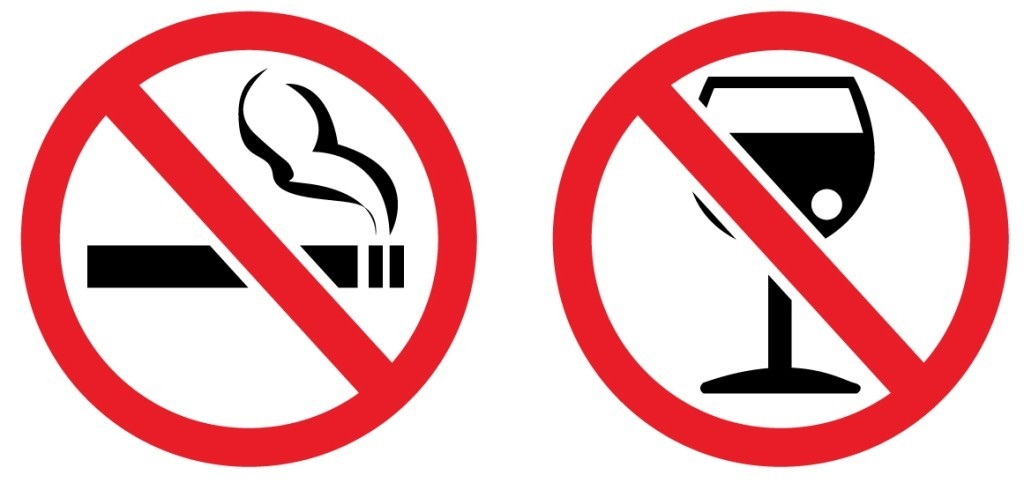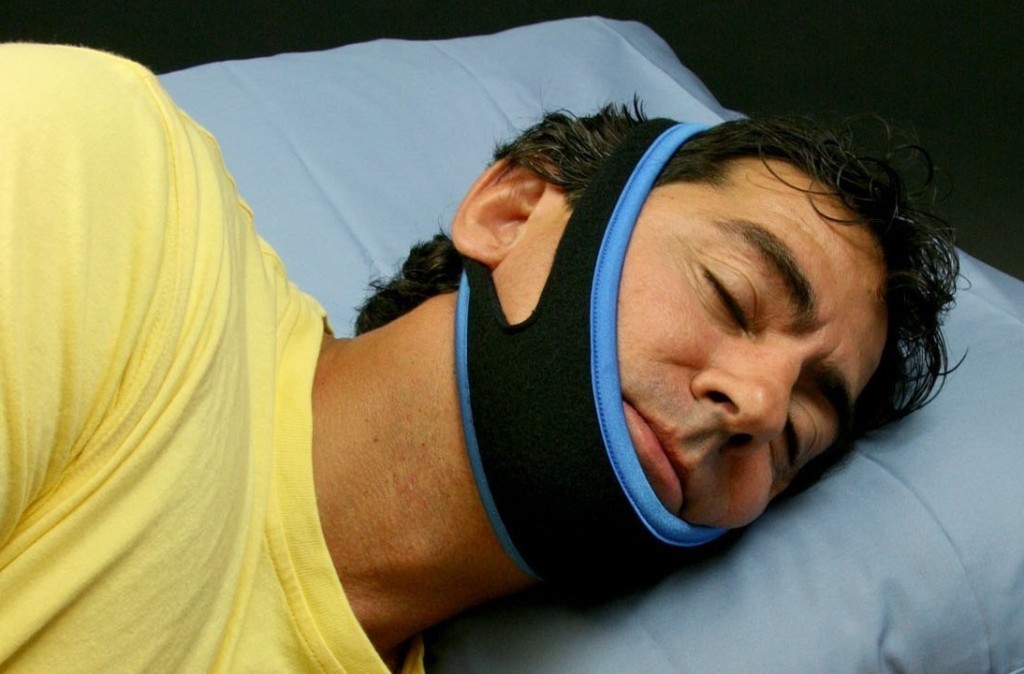
These snoring prevention tips are for you if you give out that buzzing sound while sleeping or constantly robbed of a quiet night rest by a snoring partner, sibling, friend or room-mate.
Snoring is one of the most embarrassing involuntary actions that bug a lot of people’s lives. This unpleasant habit happens when you can’t move air freely through your nose and throat during sleep and, so many factors are responsible for this bad sleeping habit.
The unfortunate aspect of it is that the person who does it is almost helpless as he or she is unaware of his/her actions at the point it is being done. However, you need not worry any longer as we bring you 7 powerful snoring prevention tips. Check them out and try them out!
Natural Snoring Prevention Tips
1. Find Out What’s Making You Snore
The first of the snoring prevention tips is to figure out what’s causing your snoring. This would go a long way to facilitate an effective treating of the unpleasant habit. The good news is that no matter the cause, there are solutions to relieve your snoring and help you and your loved one sleep better at night.
Some of the common causes of snoring are: relaxation of the muscles in your soft palate (roof of your mouth,) tongue, and throat, alcohol consumption, sleeping pills, and sedatives.
2. Change Sleeping Position – Adjust Pillows
Sleeping on your back can be the sole cause of snoring, so try to maintain the sideways position throughout the night. However, if you have formed a habit of sleeping on your back, you can sew a tennis or golf ball into your pajama shirts to make rolling onto your back uncomfortable, hence forcing you back to the side position. After a while, sleeping on your side will become a habit and you can get rid of the tennis balls.

Secondly, elevating your head about four inches ease breathing and encourage your tongue and jaw to move forward. But note that if your head is too high, your airways can get constricted, still causing you to snore. If you have a pillow that is too thick, or you sleep on multiple pillows, try adjusting the height. There are specially designed pillows available to help prevent snoring by making sure your neck muscles are not crimped. Finding a pillow that keeps your head and neck in a proper position is worth taking the time to do to help you breathe right.
3. Clear the Airways
Another of the snoring prevention tips is to clear sinus congestion if you’ve got a stuffy nose. Rinse sinuses with saline before bed using a Neti pot, nasal decongestant, antihistamine or nasal strips. This is because blockade of the air passage is a major cause of snoring, and this blockade is brought about by varying factors.
If you have allergies, reduce dust mites and pet dander in your bedroom or use an allergy medication. But, do not use those products for more than two weeks. If your congestion persists, see your doctor as the condition may be a result of a sinus infection that requires treatment with antibiotics.
4. Quit Bad Habits – Alcoholism, Smoking
Alcohol, sedatives, and drugs that promote deep sleep can all cause snoring. Even excessive tiredness can have that same effect. If you tone your tongue and throat muscles, they will have less of a tendency to let loose tissues flop into the airway during sleep. If you cannot quit drinking or using sedatives for one reason or the other, make sure you don’t take any of such stuff at least two hours before bedtime.
5. Check Your Bedroom
If you sleep in a room with dry air, it’s possible that it’s contributing or causing you to snore. Dry air dries out our throat and nasal membranes and contributes to congestion. This makes air movement restricted and will set your tissues vibrating.
You can stop this by making sure you’re keeping up with house cleaning. Try closing your bedroom windows and filtering your air. Dust all surfaces in your bedroom using a product that makes dust adhere to the duster rather than fly around, then vacuum the floor. Also vacuum any carpet, curtains, and other types of pile or fabric. You can also try using a humidifier, or move to an exceptionally exotic tropical location in extreme cases.
6. Shed some Fat – Exercise!
Being overweight is one of the major causes of snoring because when you’re overweight you may have extra tissues in the throat contributing to the noise. If you discover that you snore as a result of too much weight, then it’s time to work on your diet, do some workouts in order to lose weight. The neck (throat), the jaw, the tongue and other muscles around the mouth should be a major target in this exercise.

It is also advisable to eat light and avoid any food that impairs your digestion before bedtime as they can promote snoring. Eating too much pushes up on your diaphragm and spicy food increases mucus production. Avoid dairy products, because they thicken mucus.
7. Cultivate Good Sleeping Habit
Create a healthy bedtime ritual and stick to it. Hitting the sack in a routine way can help you sleep better and minimize snoring. Set a time for retiring and a time for waking up. Poor sleep habits (also known as poor sleep hygiene) can have an effect similar to that of drinking alcohol. Working long hours without enough sleep makes you to finally hit the sack overtired – You sleep hard and deep, and the muscles become floppier, which creates snoring.
Bonus
In case you perfectly try out all the natural recommendations above and your snoring persists, you may want to give anti-snoring devices a try. There are different varieties of head and mouth gear designed to stop snoring. The professional-quality plastic mouthpieces that realign the jaw and change the position of the tongue are prescribed by dentists, usually for sleep apnea. They are designed to hold the airway open during the night and can be difficult to sleep with until you become accustomed to their presence.
You can also try a commercial product, but it would be best to seek a dentist’s advice to make sure the mouthpiece you choose has no adverse effects on your oral health. Some chinstraps hold the mouth closed, thus preventing mouth breathing.
Have you overcome this irritating habit already? We’d love you to share your experiences and remedies that worked for you with us in the comment section below.







